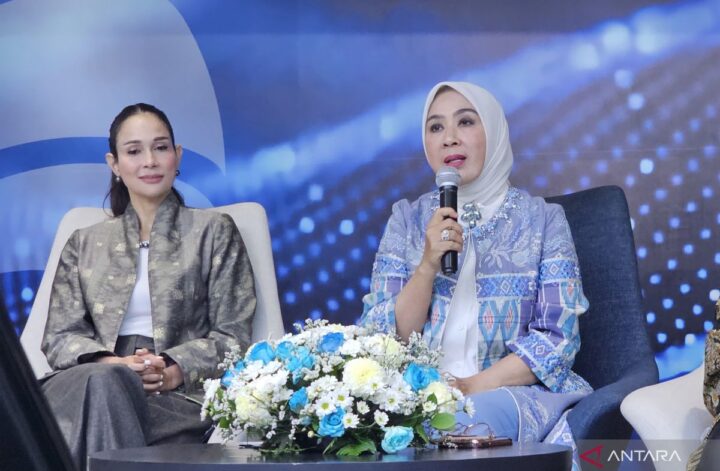Pemkot Pekalongan recently issued a request to batik industries in the area to prioritize environmental sustainability in their production processes. This move comes as a response to the growing concern over the environmental impact of the batik industry, which is a significant contributor to the local economy.
Batik, a traditional Indonesian textile art form that involves using wax to create intricate patterns on fabric, has been a prominent cultural heritage of Pekalongan for centuries. However, the use of harmful chemicals in the dyeing process, as well as the excessive water consumption and waste generation, has raised alarms about the industry’s sustainability.
In a bid to address these issues, the local government has urged batik producers to adopt more eco-friendly practices in their operations. This includes using natural dyes derived from plants and minerals, implementing water recycling systems, and reducing energy consumption through more efficient production methods.
By promoting environmental sustainability in the batik industry, Pemkot Pekalongan aims to preserve the rich cultural heritage of the region while also protecting the environment for future generations. The city government has also pledged to provide support and incentives to businesses that comply with these guidelines, in a bid to encourage more widespread adoption of sustainable practices.
Additionally, the government is working with local universities and research institutions to develop new technologies and techniques that can help reduce the environmental impact of batik production. This collaborative effort is aimed at finding innovative solutions that can benefit both the industry and the environment.
Overall, the initiative to promote environmental sustainability in the batik industry is a positive step towards creating a more sustainable future for Pekalongan. By working together with stakeholders in the industry, the local government hopes to pave the way for a more environmentally conscious and socially responsible approach to batik production. With continued efforts and cooperation, Pekalongan can set an example for other batik-producing regions in Indonesia and beyond.




